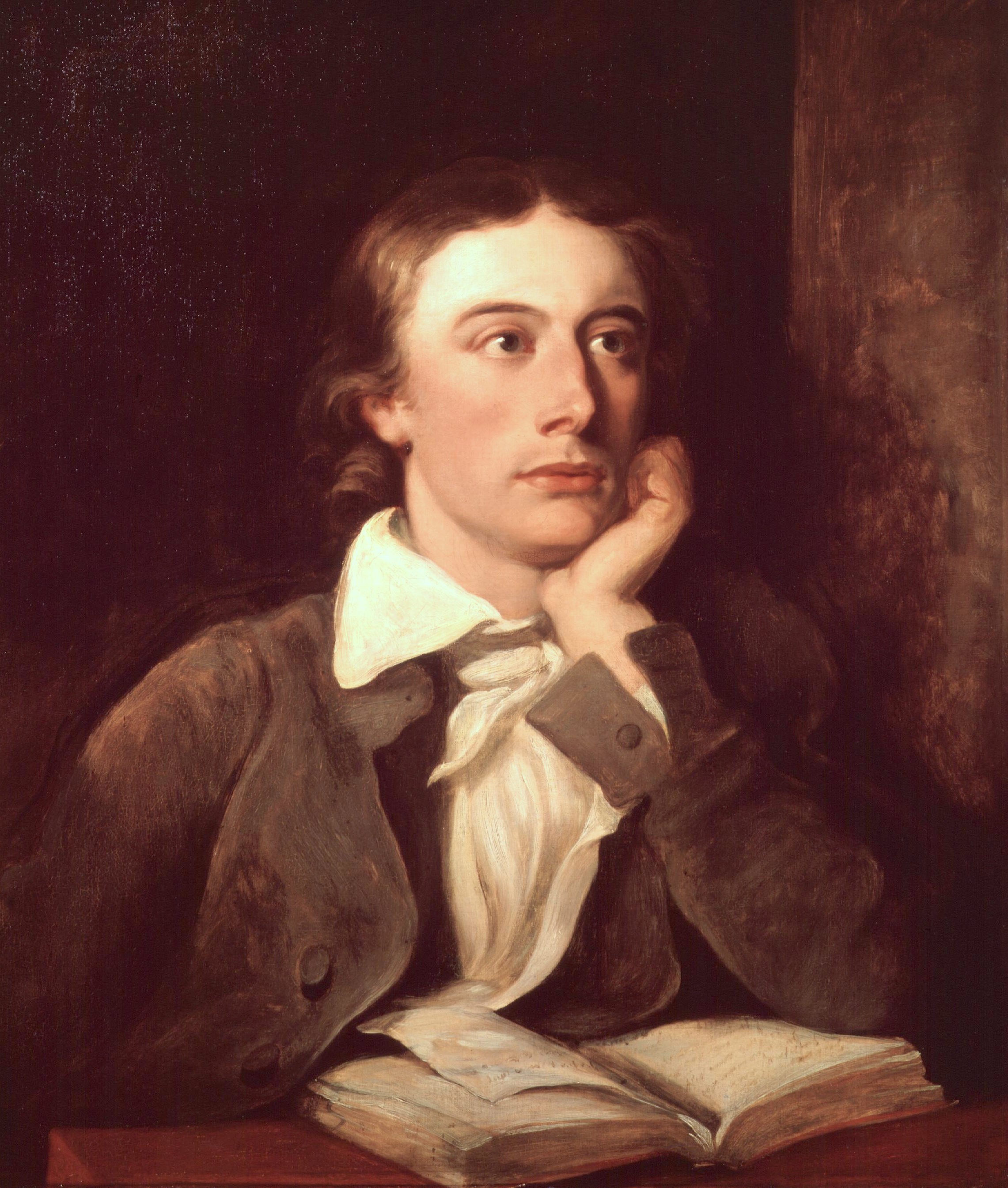John Keats híres idézetei
John Keats idézetek
John Keats: Idézetek angolul
“Thou art a dreaming thing,
A fever of thyself.”
Forrás: Bright Star: Love Letters and Poems of John Keats to Fanny Brawne
“My chest of books divide amongst my friends.”
Keats' last poem which doubled as his last will and testament
Bk. IV, l. 173
Endymion (1818)
Forrás: The Complete Poems
Kontextus: To Sorrow
I bade good-morrow,
And thought to leave her far away behind;
But cheerly, cheerly,
She loves me dearly;
She is so constant to me, and so kind:
I would deceive her
And so leave her,
But ah! she is so constant and so kind.
Letter to John Hamilton Reynolds (February 3, 1818)
Letters (1817–1820)
“Was it a vision, or a waking dream?
Fled is that music: — Do I wake or sleep?”
Stanza 8
Poems (1820), Ode to a Nightingale
To Fanny Brawne (c. February 1820)
Letters (1817–1820)
Kontextus: "If I should die," said I to myself, "I have left no immortal work behind me — nothing to make my friends proud of my memory — but I have loved the principle of beauty in all things, and if I had had time I would have made myself remembered."
“I will clamber through the clouds and exist.”
Forrás: Letters of John Keats to His Family and Friends
To Fanny Brawne (July 25, 1819)
Letters (1817–1820)
Forrás: Bright Star: Love Letters and Poems of John Keats to Fanny Brawne
“Through buried paths, where sleepy twilight dreams
The summer time away.”
Forrás: Bright Star: Love Letters and Poems of John Keats to Fanny Brawne
Forrás: Bright Star: Love Letters and Poems of John Keats to Fanny Brawne
“Beauty is truth, truth beauty”
Forrás: Ode on a Grecian Urn and Other Poems
“Already with thee! tender is the night.”
Stanza 4
Poems (1820), Ode to a Nightingale
“Darkling I listen; and, for many a time
I have been half in love with easeful Death”
Stanza 6
Poems (1820), Ode to a Nightingale
Forrás: The Complete Poems
Kontextus: Darkling I listen; and, for many a time
I have been half in love with easeful Death,
Call'd him soft names in many a musèd rhyme,
To take into the air my quiet breath;
Now more than ever seems it rich to die,
To cease upon the midnight with no pain,
While thou art pouring forth thy soul abroad
In such an ecstasy!
Still wouldst thou sing, and I have ears in vain —
To thy high requiem become a sod.
